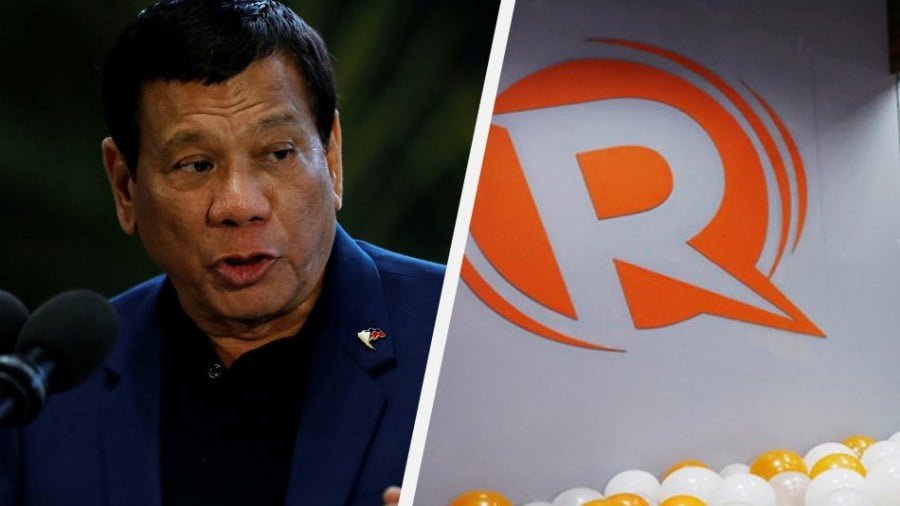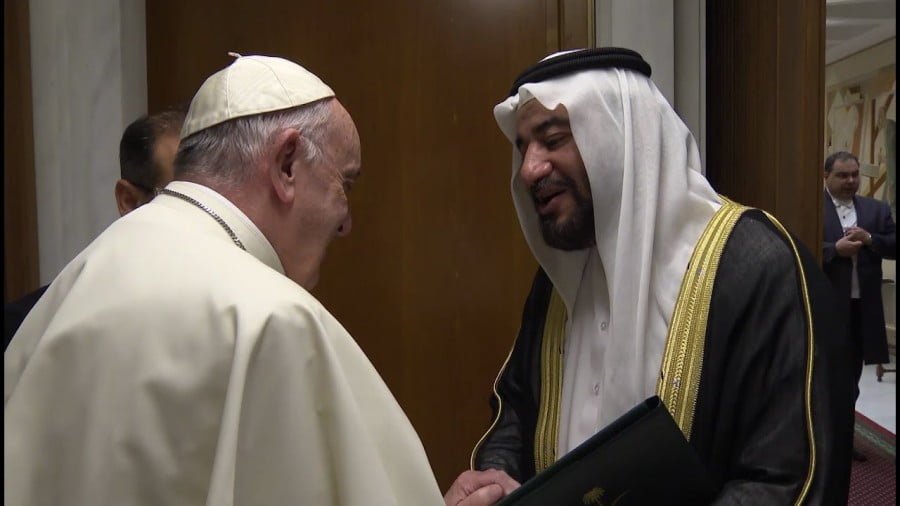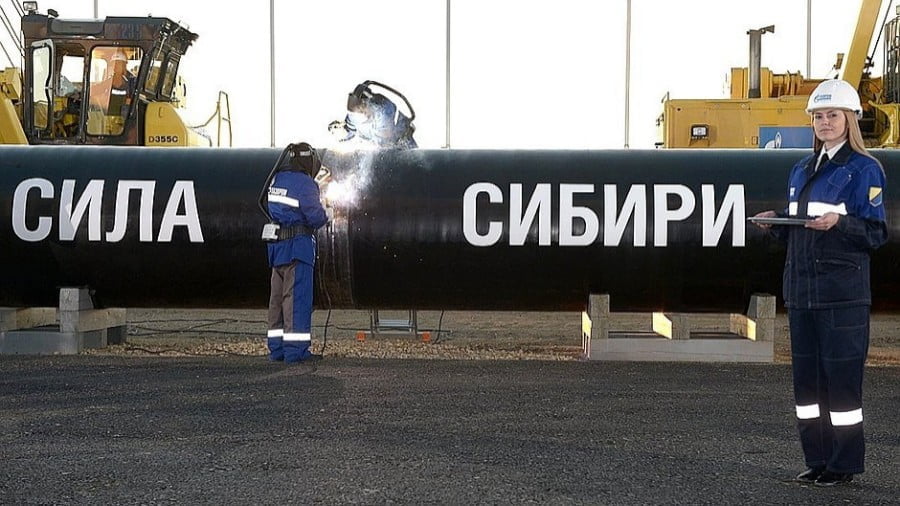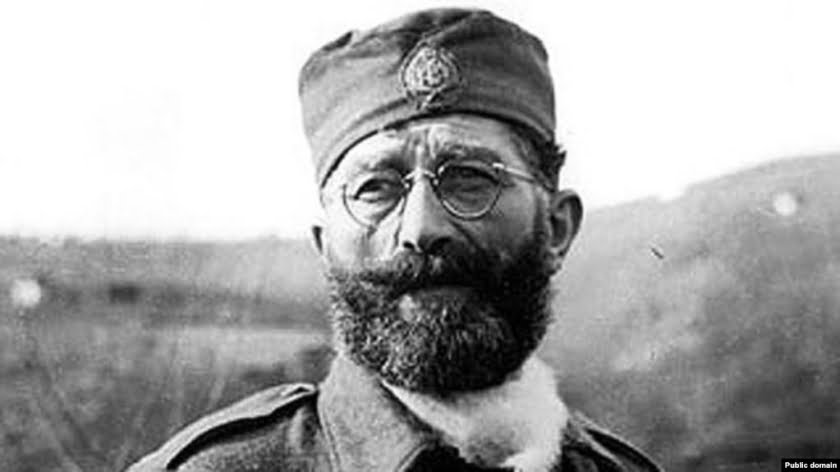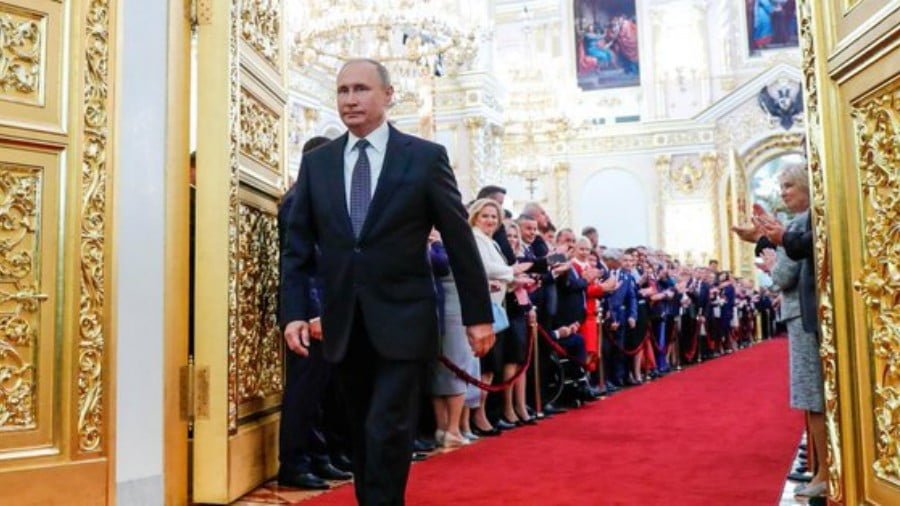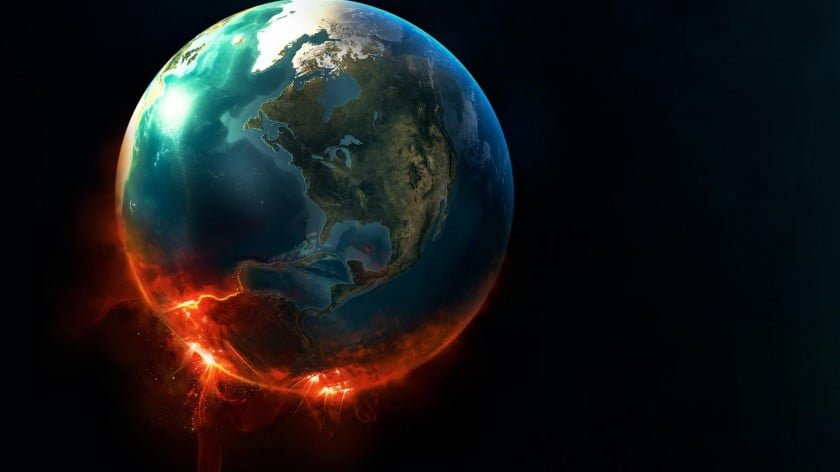Philippine “Fact-Checkers”: Who’s Watching the Watchmen?
The Philippine government is concerned that Facebook’s “fact-checking” partnership with two anti-government media outlets will lead to more suppression, smearing, and censorship of President Duterte’s policies on social media.
Philippine President Duterte has complained that Facebook’s “fact-checking” partnership with Rappler IQ and VERA Files – two anti-government media outlets – is unfair, and his spokesman recently alleged that “the chosen police of the truth are sometimes partisan themselves.” In principle, the idea of outsourcing fact-checking services to third-party companies is a sound one and intended to counter the epidemic of actual fake news that’s virally shared across social media, but the recruitment of hostile parties to fulfill that role makes the entire initiative in this instance insincere and a thinly disguised tool of Hybrid War. It’s expected that Facebook’s two local partners were deliberately picked because of their partisan views, with the “deep state”-linked company willingly going along with the US government’s campaign to discredit the country’s independent leader through an over-politicization of his War on Drugs in order to resultantly provoke enough “grassroots” pressure against him that could then be used to offset his multipolar foreign policy.
Tens of millions of people in the country are dependent on Facebook for their daily dose of news, and the suppression or possibly even outright censorship of posts and articles that the company’s anti-government partners deem to be “fake news” could lead to a large percentage of the population never even being exposed to them. Instead, the informational void would be filled by partisan messages that Facebook’s algorithm could be tweaked to promote in order to manipulate the masses, especially about controversial issues or during times of crisis. The Philippine government is therefore correct in worrying that Facebook is on the verge of becoming a weaponized tool for interfering in its sovereign affairs, hiding behind the “plausibly deniable” guise of employing “fact-checkers” to counter “fake news” in order to operate without much public scrutiny. Even in the event that so-called “fake news” content is simply flagged with a disclaimer and not suppressed or censored, it might still lead to a sizeable amount of people having their perceptions manipulated.
There’s no “perfect solution” for what needs to be done, but the imperfect and most realistic one is for countries such as the Philippines to spearhead a government-organized NGO (GONGO) effort to deploy their own fact-checkers to counteract the hostile ones being used against them. These GONGOs obviously won’t have the power to interfere with Facebook’s algorithm by suppressing, flagging, or censoring actual fake news content, but they can still disseminate their narratives through this platform either directly through their own page(s) or indirectly by “going viral” and generating “organic reach” among regular users who share their reports across the site. In assisting with this, the fact-checking GONGO could have its work reported on by publicly financed (“state-run”) media outlets in the country, which could then lead to “private” ones picking up on the stories and running with them as well. However it happens, someone needs to “watch the watchmen”, and Facebook’s “fake news” “fact-checkers” are poised to be the ones that get out of control and urgently need to be checked by civil society and the state.

